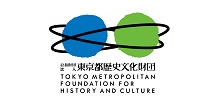Yu Kuwabara
- TOP >
- Archives >
- Residency Program >
- Yu Kuwabara
Local Creator Residency Program
update: 2019.11.29
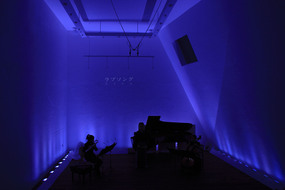
Yu Kuwabara
| Participating Project | Local Creator Residency Program |
|---|---|
| Activity Based | Japan |
| Period | 2009.5 - 2010.3 |
Purpose of the residency
- I would like to explore the way of being of language in music. I would like to weave sound from the language (its system) and explore a methodology of weaving and using pure instrumental works, without words.
- From now on, I will continue my composing work with traditional Japanese music (for example No and Buddhist hymns).
- Search for an original "behavior" of sound.
Plan during the residency
OPEN STUDIO 2009
On Site Lab Workshop Series 4 "Creative Dialogue and Commitment to the Environment" AOYAMA COMMONS - Workshop"Playing Words = Sounds - greetings by sounds" by Yu Kuwabara Meet Japanese Contemporary Composer 04 "Music of Yuji Takahashi" TOKYO EXPERIMENTAL FESTIVAL - SOUND, ART & PERFORMANCE 2009 International Ensemble Modern Academy Vol. 3 Composing Workshop (Hongodai Junior High school)
To achieve the goal aforementioned, I will communicate actively also with people coming from other fields than music, and would like to apply it in a wide range of works. Until the end of the term, I will make multiple musical compositions involving body and moving images and explore the possibilities of music.
[ Activity Report ]
■Four important encounters from May to June
At the presentation on the first day at TWS Aoyama, I heard for the first time speaking Haruka Kojin, who is also participating in the program for Japanese creators. Because I like works made on the basis of personal ideas, I understood very much her particular way of feeling and way of looking at things, that have become works. I find her works interesting, because they let us see "blank paper", but actually make invisible things rise to the surface.
Leo Katunaric has taken a strong interest in my "Requiem" for 20 reciters. He found it interesting to deal with Japanese things on the field of Western classical music. I could not explain in detail about my work because of the language barrier, but I think that surprisingly he understood well what I had achieved in my music. Then, he told me about his new project.
As I had heard that Camilla Hoitenga was going to stay in TWS, I wrote a composition for flute solo. Actually, Camilla played it and corrected the notation and the execution. In our last meeting, I was glad that she told me to write "for Camilla" on the score. I am very pleased, because she likes the composition and is likely to play it in concert.
I wrote "Ohyarai Variations", based on a shoka (sho song) by a No flute. What is called shoka is a sequence of katakana characters "オヒャライヒヒョイウリ~" on the score of a No flute. Instead of the sound of pitch normally written on the score, fingering is allotted to each character. It is interesting that the method is indicated in place of the resulting sound, and the connection of the katakana sound resembling mantra is also interesting. As I was especially interested in the sound transmitted through the medium of characters, I brought together images for each character, and based on that I chose the sound and composed.
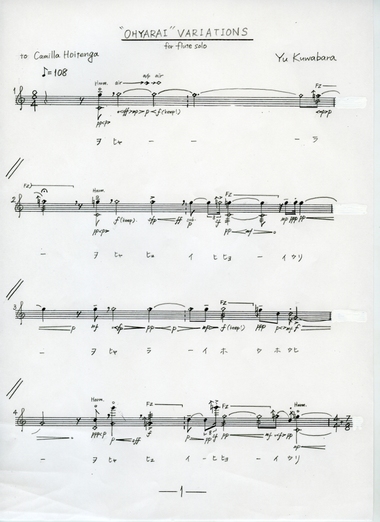
Music score of "'OHYARAI'VARIATIONS" / Working with Camilla Hoitenga @TWS aoyama. (During May & June, 2009)
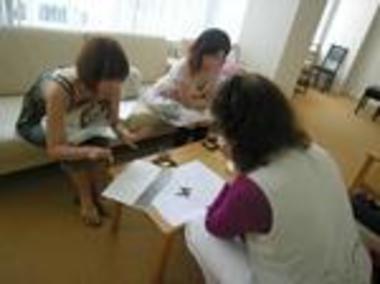
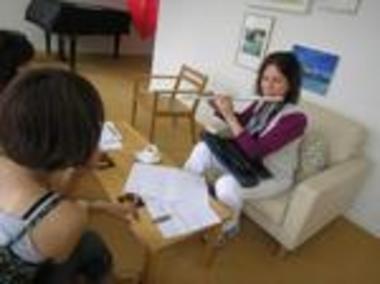
For the project "Voice" which will be held in Shibuya in November, I met Mr. Yuji Takahashi. The air around him somehow felt congested, and the meeting lasted with tension throughout. His approach towards music was completely different from mine. He said that the performers of my music are slaves. I have never thought of that in the past, and it is natural for me to compose the sound that I would like to create, to be played. What is giving freedom to the performing musicians? Primarily, as there are plenty of compositions not written by me scattered here and there, are the compositions written by me necessary? I still cannot imagine a music that does not make performers slaves. I cannot find a reason for it to be. In any case, even with a bit of anxiety, the concert was very enjoyable, and I am thinking of writing a different approach than the one of Mr. Takahashi of "Aomori Gaeru" ("Aomori frog"). [July, 2009]




